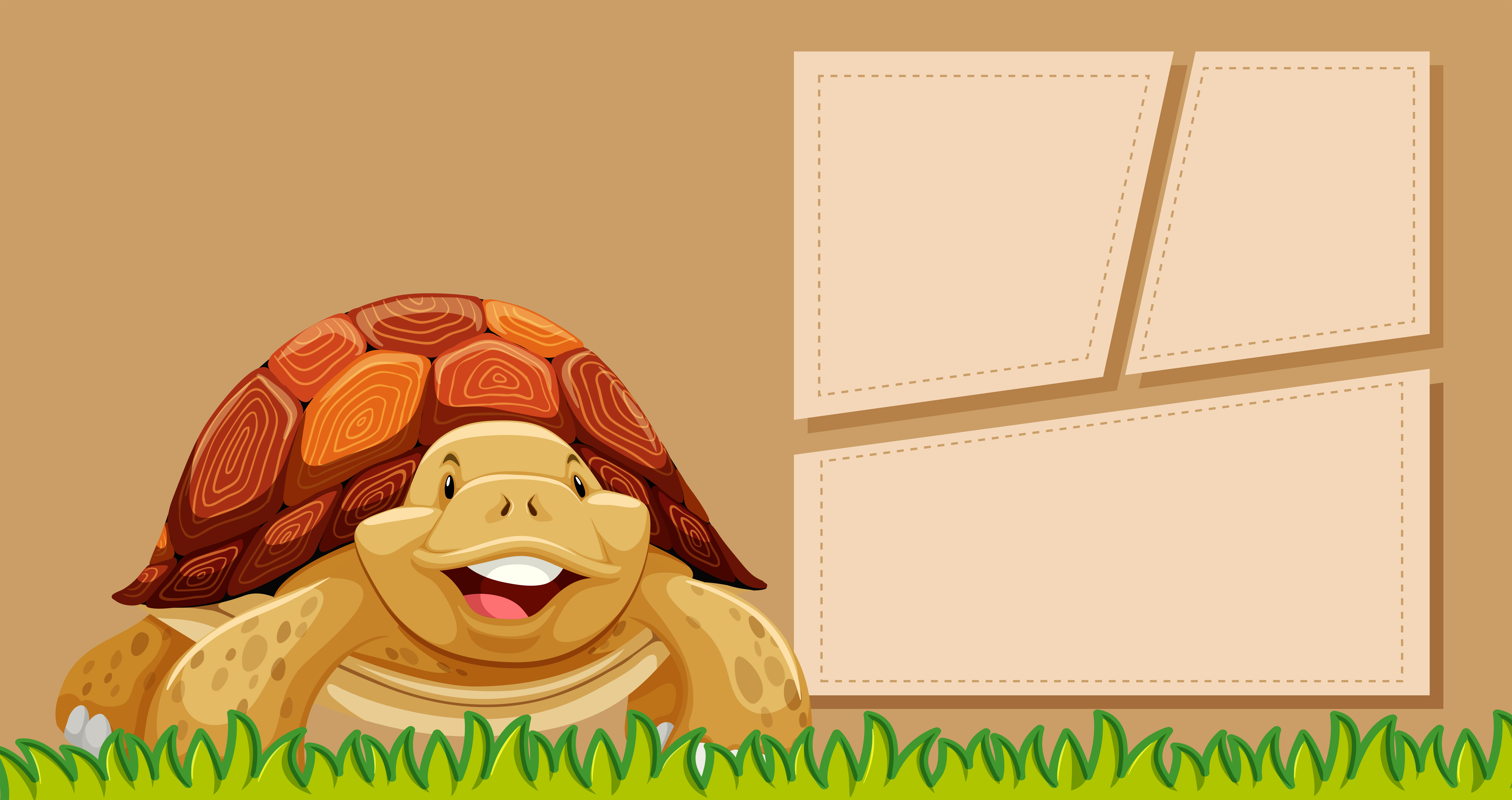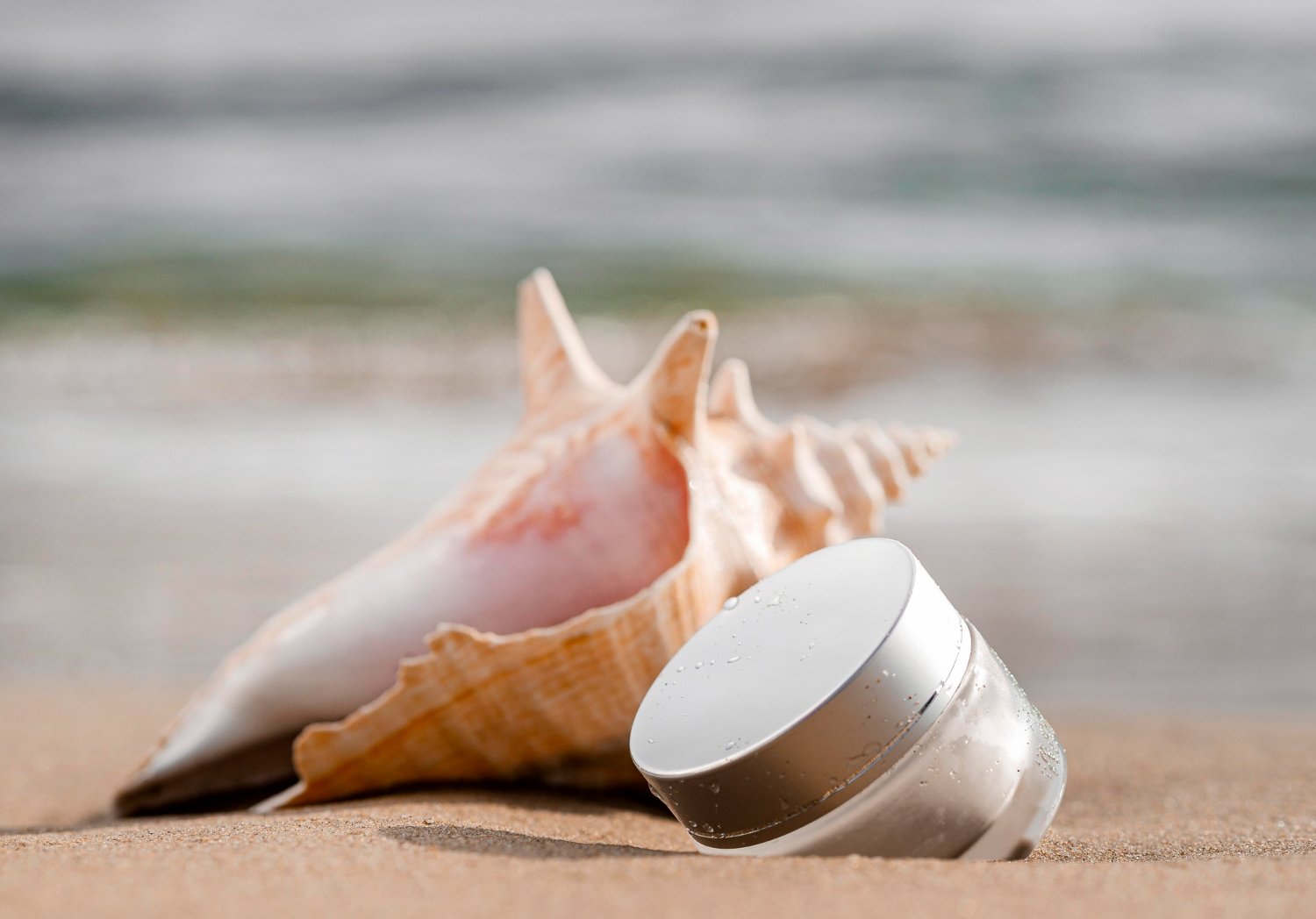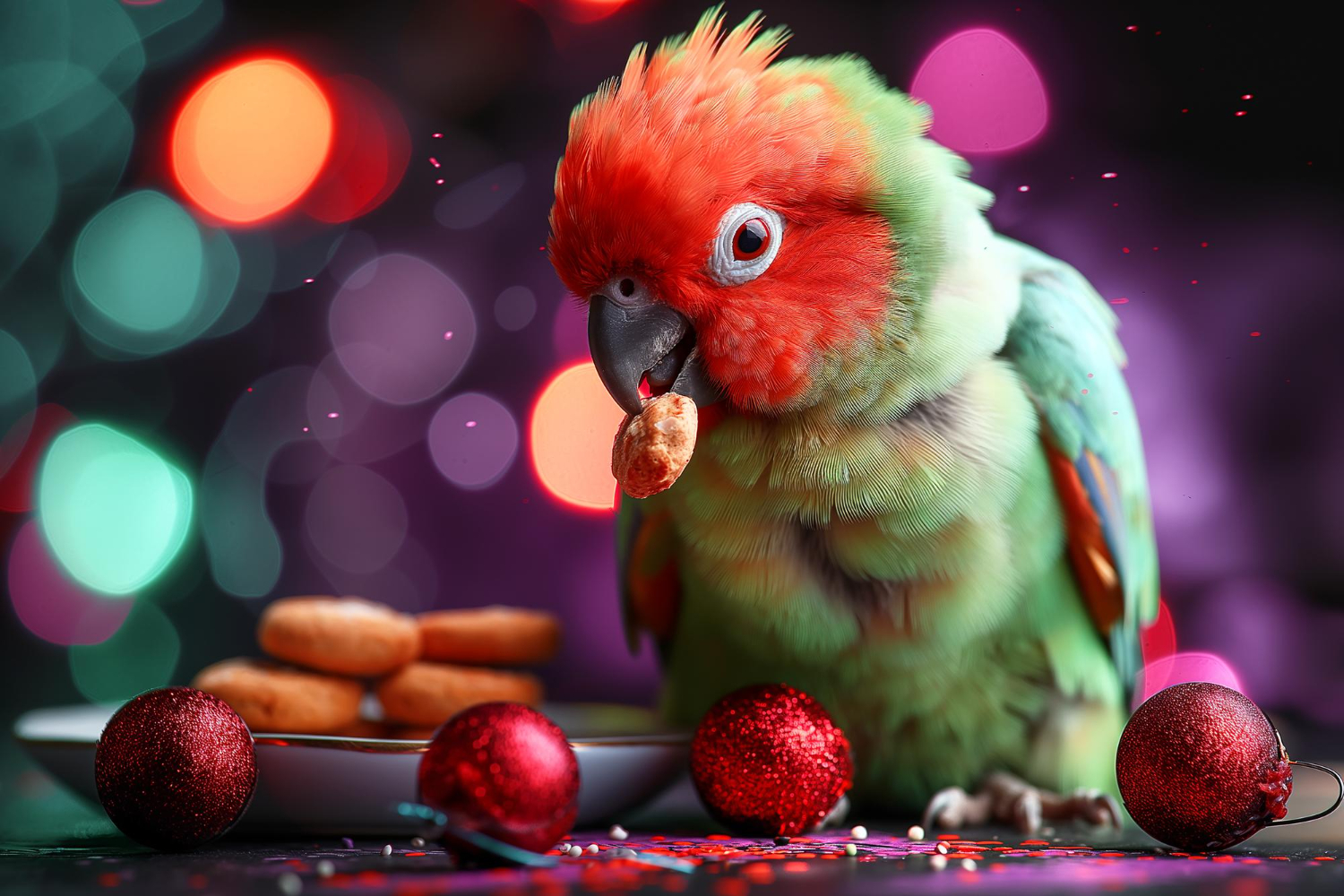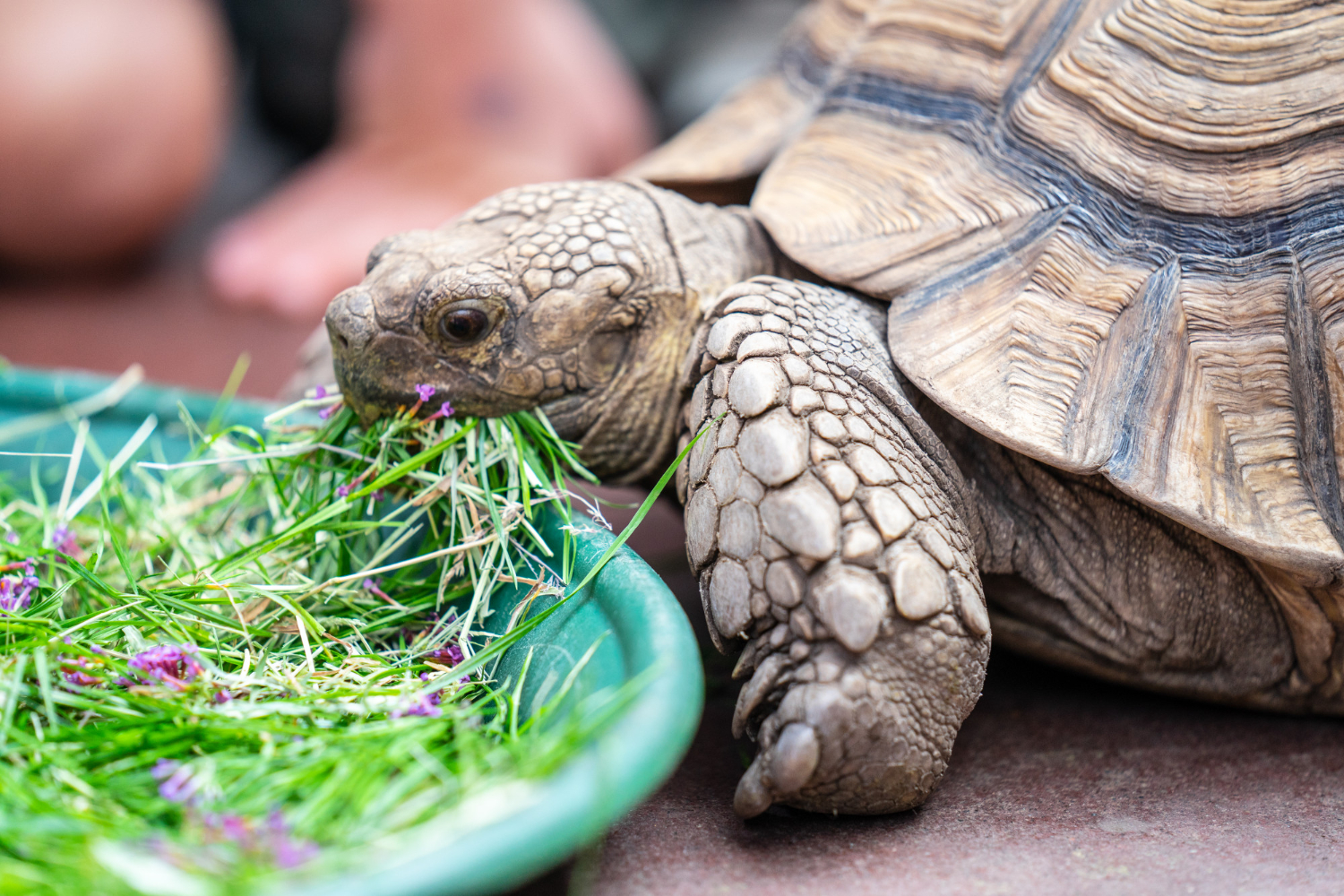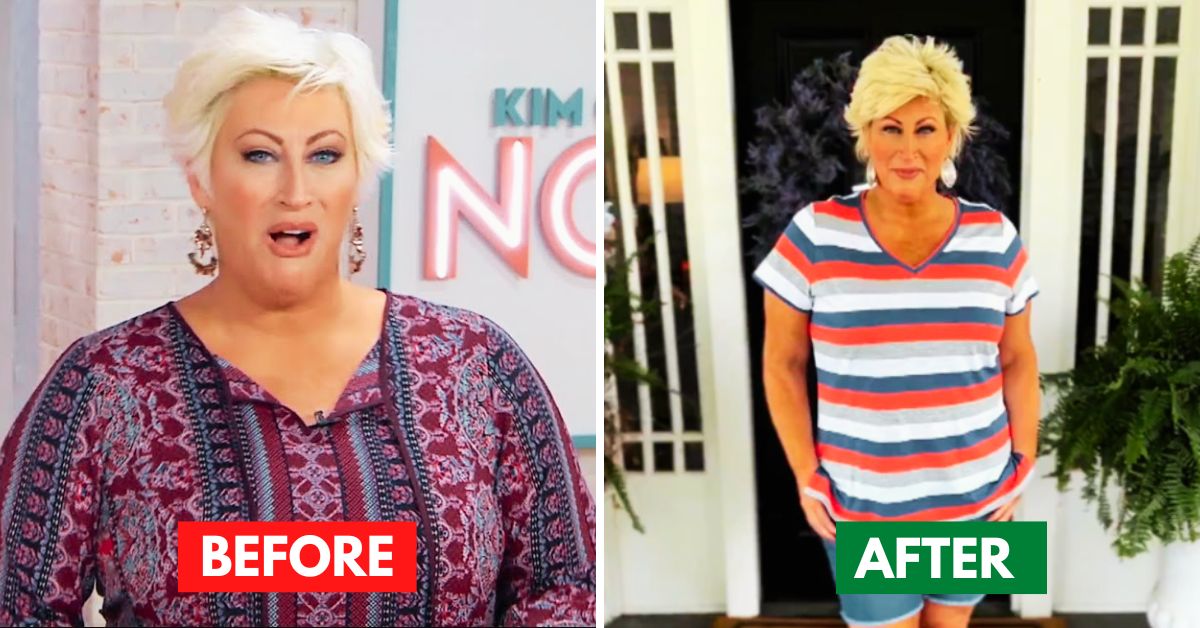Tortoise owners often find themselves asking, “Can my tortoise eat this?” when considering new foods to add to their pet’s diet. One common vegetable that sparks curiosity is celery.
In this blog post, we will explore whether tortoises can eat celery, the nutritional profile of celery, potential risks, and better food alternatives for a healthy tortoise diet.
Understanding Tortoise Diets
Tortoises are herbivores, meaning their diet primarily consists of plant material. The key to a healthy tortoise is feeding them a varied diet that mimics what they would consume in the wild.
This often includes a mix of leafy greens, vegetables, and occasional fruits. Feeding the right foods is crucial for their overall health, growth, and longevity.
When it comes to feeding your tortoise, it’s essential to know which foods are beneficial and which might pose risks. In this guide, we’ll take a closer look at feeding celery to tortoises and whether it should be a part of their diet.
What is Celery?
Common and Latin Names
Celery, known scientifically as Apium graveolens, is a member of the Apiaceae family. It is a popular vegetable used in various cuisines around the world.
Nutritional Profile of Celery
Celery is low in calories but rich in certain nutrients, making it a popular choice for human diets. However, its nutritional content can be problematic for tortoises.
- High Carbohydrate Content: Celery contains a significant amount of carbohydrates, which can be hard for tortoises to digest in large quantities.
- High Sodium Content: The sodium levels in celery can be too high for tortoises and may lead to dehydration and other health issues.
- Calcium/Phosphorous Ratio: Celery has an imbalanced calcium/phosphorous ratio, which is not suitable for tortoises. Tortoises require a diet with a higher calcium to phosphorous ratio to support healthy shell and bone development.
Special Properties
Celery seeds have diuretic properties, which can affect the hydration levels in tortoises. This poses additional risks if fed regularly.
Can Tortoises Eat Celery?
Direct Answer
While tortoises can technically eat celery, it is not recommended in large quantities.
Why It Is Not Recommended in Large Quantities
- High Levels of Oxalates: Celery leaves contain high levels of oxalates, which can bind to calcium and prevent its absorption. This can lead to calcium deficiencies and metabolic bone disease in tortoises.
- High Sodium and Carbohydrate Content: The high sodium and carbohydrate content in celery can cause digestive issues and long-term health problems.
- Imbalanced Calcium/Phosphorous Ratio: An improper calcium/phosphorous ratio can negatively impact a tortoise’s health, leading to shell and bone issues.
Potential Risks of Feeding Celery Regularly
Digestive Issues
Feeding celery regularly can cause digestive problems in tortoises due to its high carbohydrate content. Tortoises have a specialized digestive system designed for fibrous plant materials, and too many carbs can upset their digestive tract.
Long-Term Health Impact
Regular consumption of celery can lead to long-term health problems, such as metabolic bone disease, due to the oxalates binding calcium and the imbalanced calcium/phosphorous ratio. High sodium content can also lead to dehydration and kidney issues.
Occasional Celery Consumption
When and How to Offer Celery as a Treat
If you decide to offer celery as an occasional treat, make sure to do so sparingly. Small, infrequent amounts are less likely to cause harm.
Safe Quantities and Frequency
A few small nibbles of celery once in a while is generally safe. Avoid making celery a staple in their diet.
Observation of Any Adverse Reactions
Always monitor your tortoise after introducing any new food, including celery. Look for signs of digestive discomfort or other adverse reactions.
Better Food Alternatives for Tortoises
To ensure your tortoise gets a balanced diet, consider these healthier alternatives:
Dark Leafy Greens
- Kale: High in calcium and vitamins, kale is an excellent choice for tortoises.
- Collard Greens: Rich in calcium and fiber, collard greens support healthy digestion and bone development.
Other Safe Vegetables
- Bell Peppers: Low in oxalates and high in vitamins, bell peppers are a good addition to a tortoise’s diet.
- Squash: Packed with nutrients and low in oxalates, squash makes a great, safe vegetable for tortoises.
Importance of a Varied Diet
A varied diet ensures that your tortoise receives a wide range of nutrients necessary for optimal health. Rotate different types of greens and vegetables to provide a balanced diet.
Foods to Avoid Feeding Tortoises
Some foods can be toxic or harmful to tortoises and should be avoided:
Common Toxic Foods
- Avocado: Contains persin, which is toxic to tortoises.
- Rhubarb: High in oxalates, rhubarb can cause severe health issues.
Vegetables That Are Not Good for Tortoises
- Spinach: Contains high levels of oxalates, which can bind calcium and lead to deficiencies.
- Cabbage: Contains goitrogens, which interfere with thyroid function and can cause health problems.
Conclusion
Feeding your tortoise the right foods is crucial for their health and well-being. While celery can be offered occasionally, it should not be a regular part of their diet due to its high carbohydrate, sodium, and oxalate content. Opt for healthier alternatives like dark leafy greens and other safe vegetables to ensure your tortoise stays healthy and happy.
Have you tried feeding your tortoise celery or other veggies? Share your experiences in the comments below, or ask any questions you may have. Together, we can ensure our shelled friends live their best lives!
FAQs
Can You Feed Celery to Tortoises?
Yes, but only in small, infrequent quantities. Large amounts of celery can cause health issues due to its nutritional profile.
What Foods Are Poisonous to Tortoises?
Avoid feeding tortoises avocado, rhubarb, and other toxic foods as they can cause severe health problems.
What Vegetables Are Not Good for Tortoises?
Vegetables like spinach and cabbage are not recommended due to their high oxalate and goitrogen content.
Do Turtles Eat Celery?
While turtles have a diet similar to tortoises, it is best to avoid feeding celery to turtles regularly for the same reasons outlined above.





